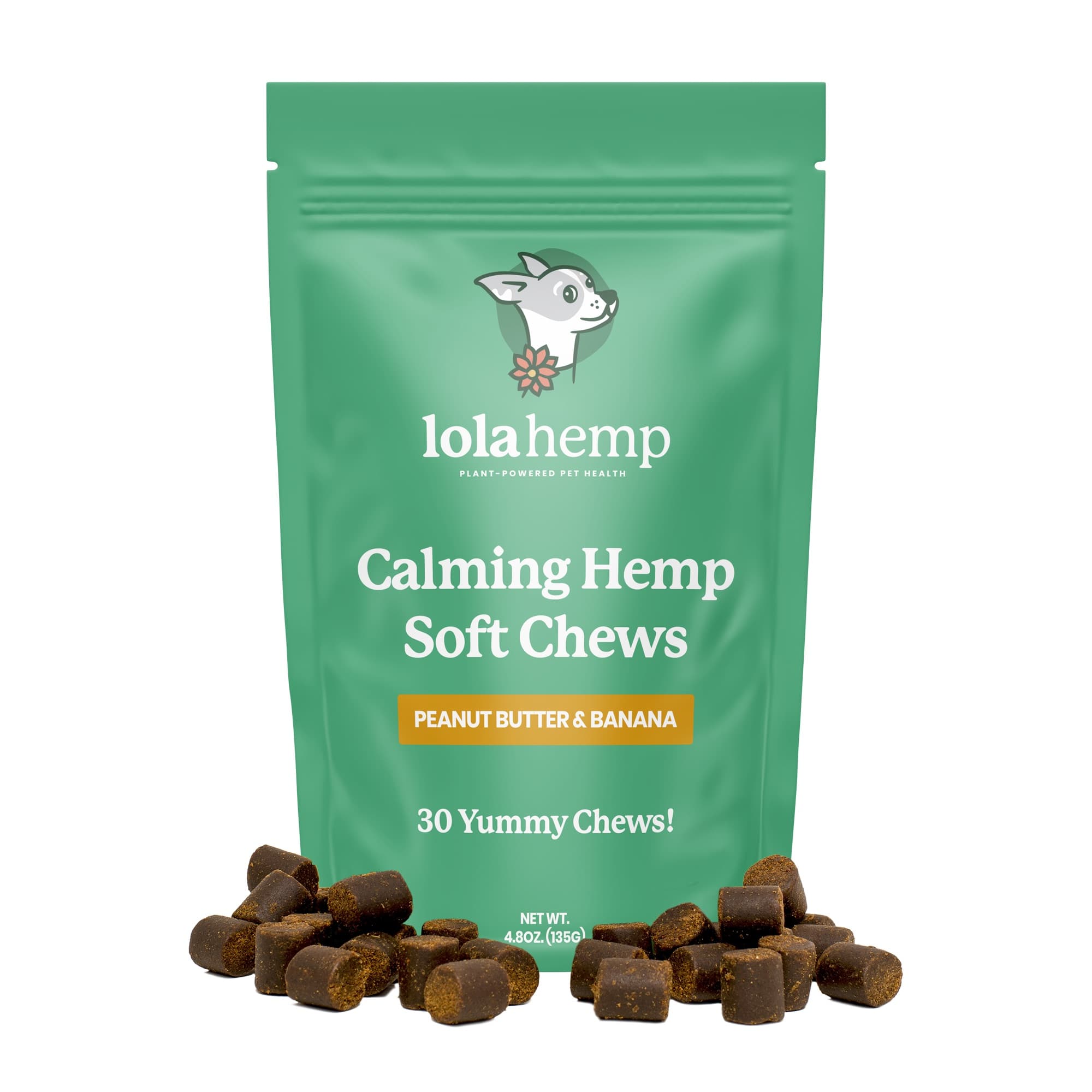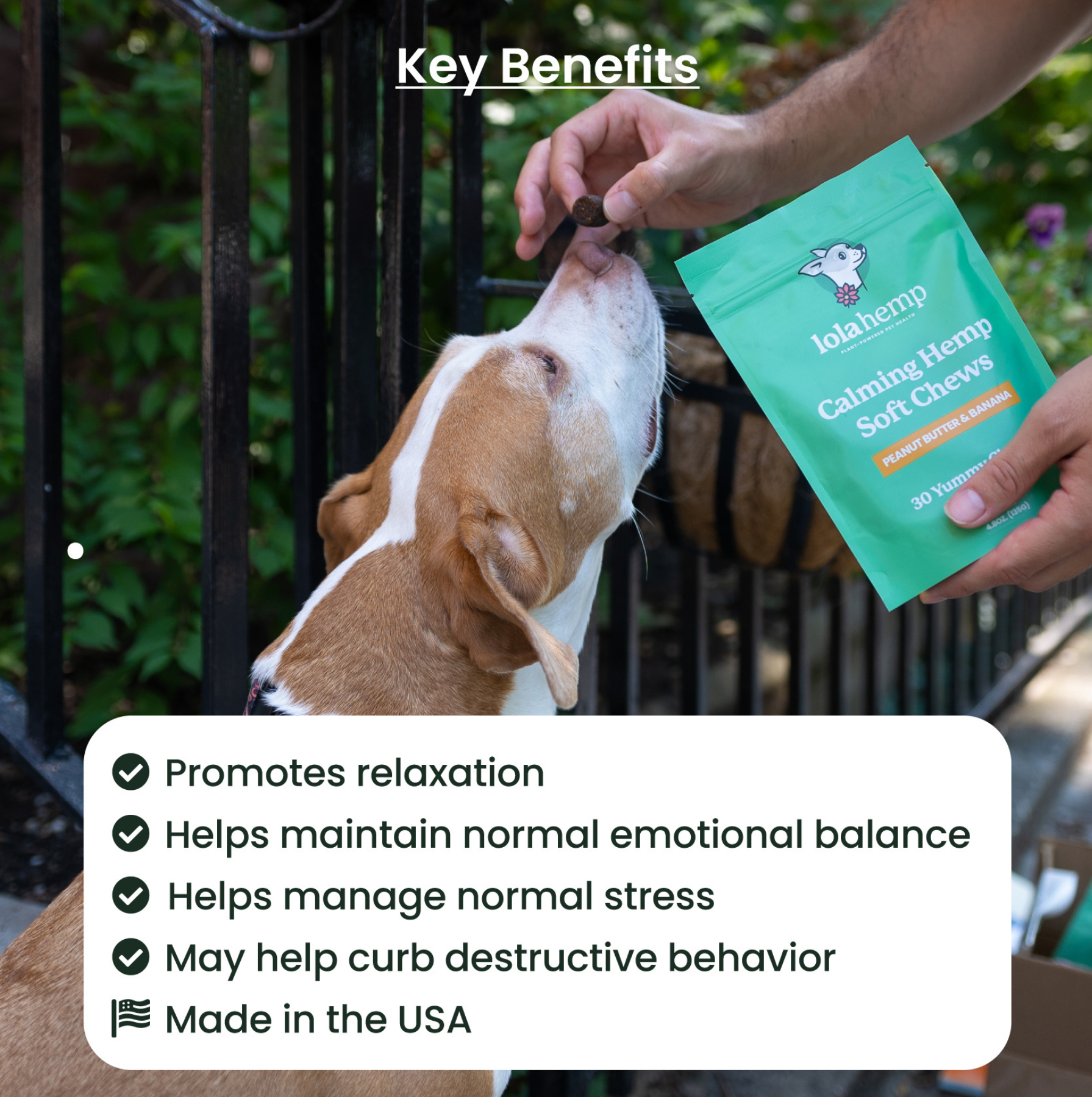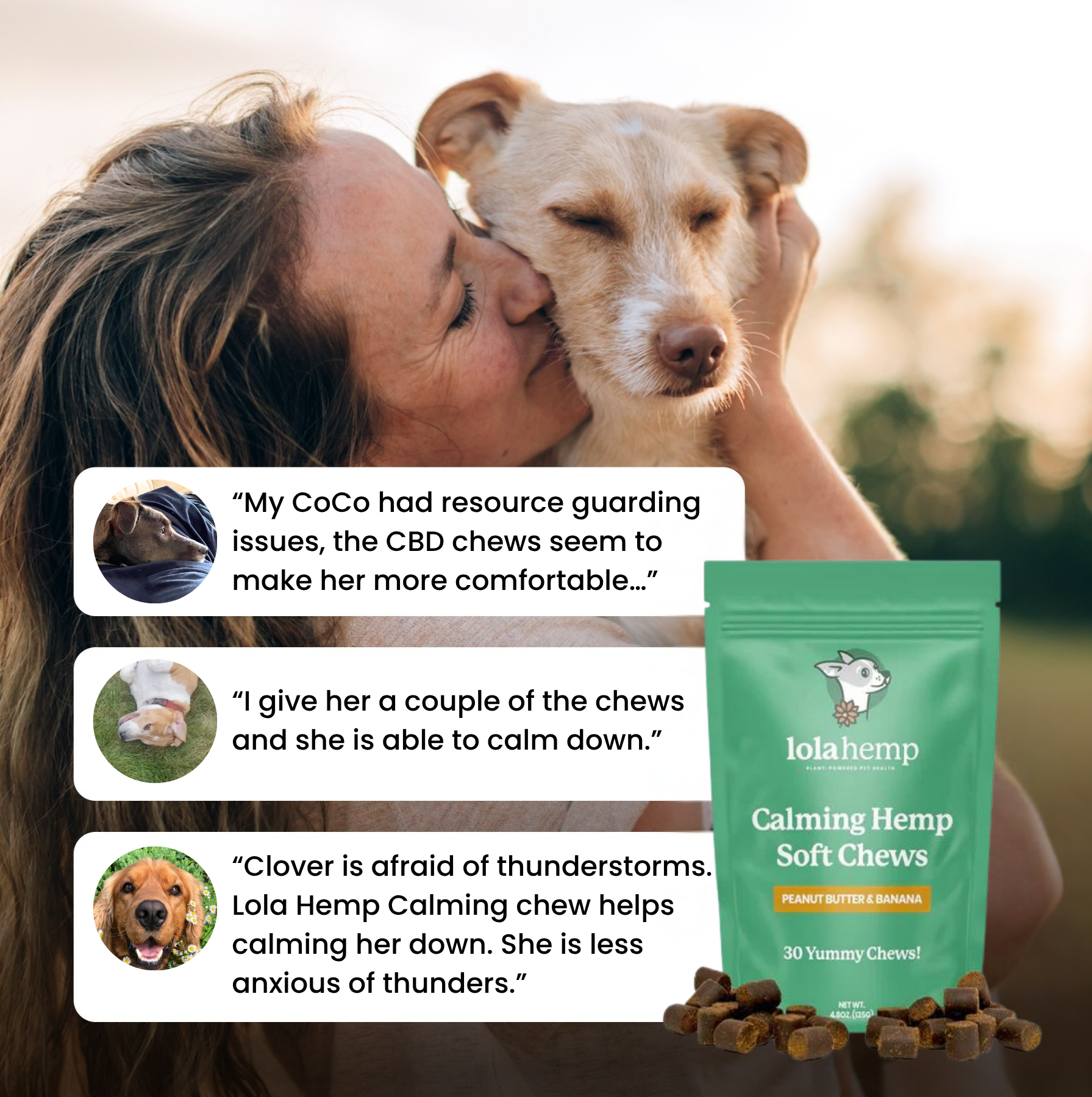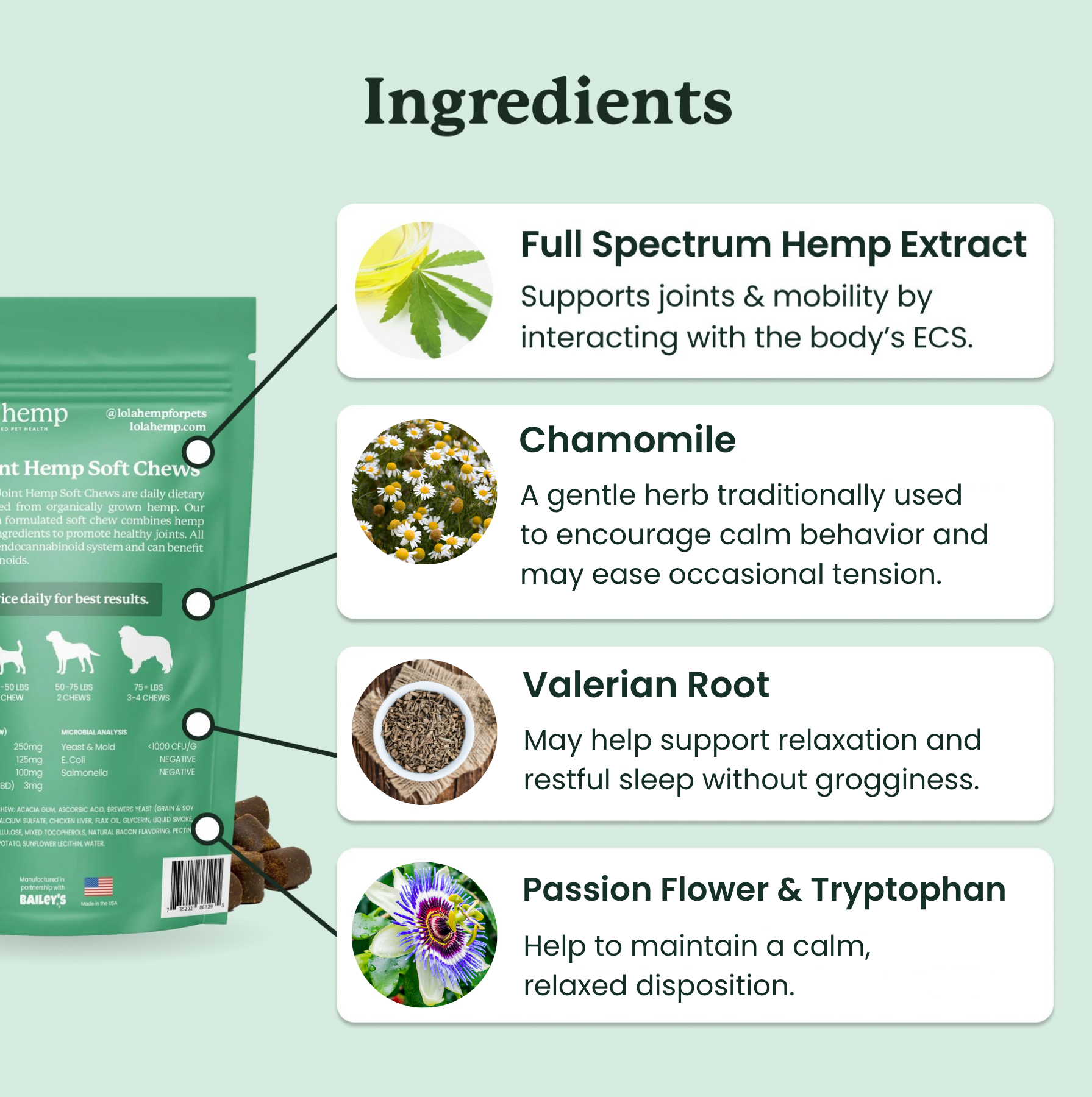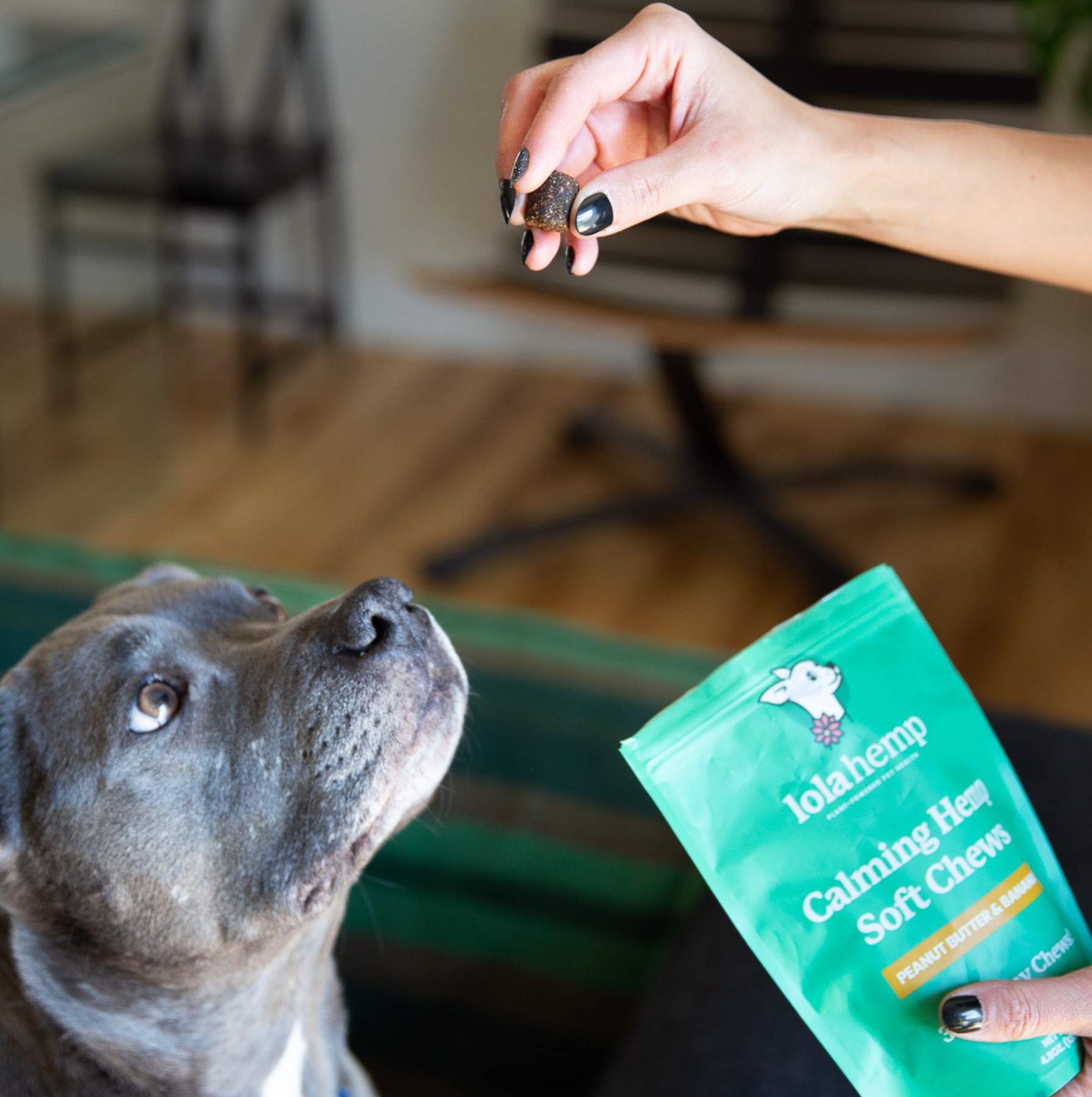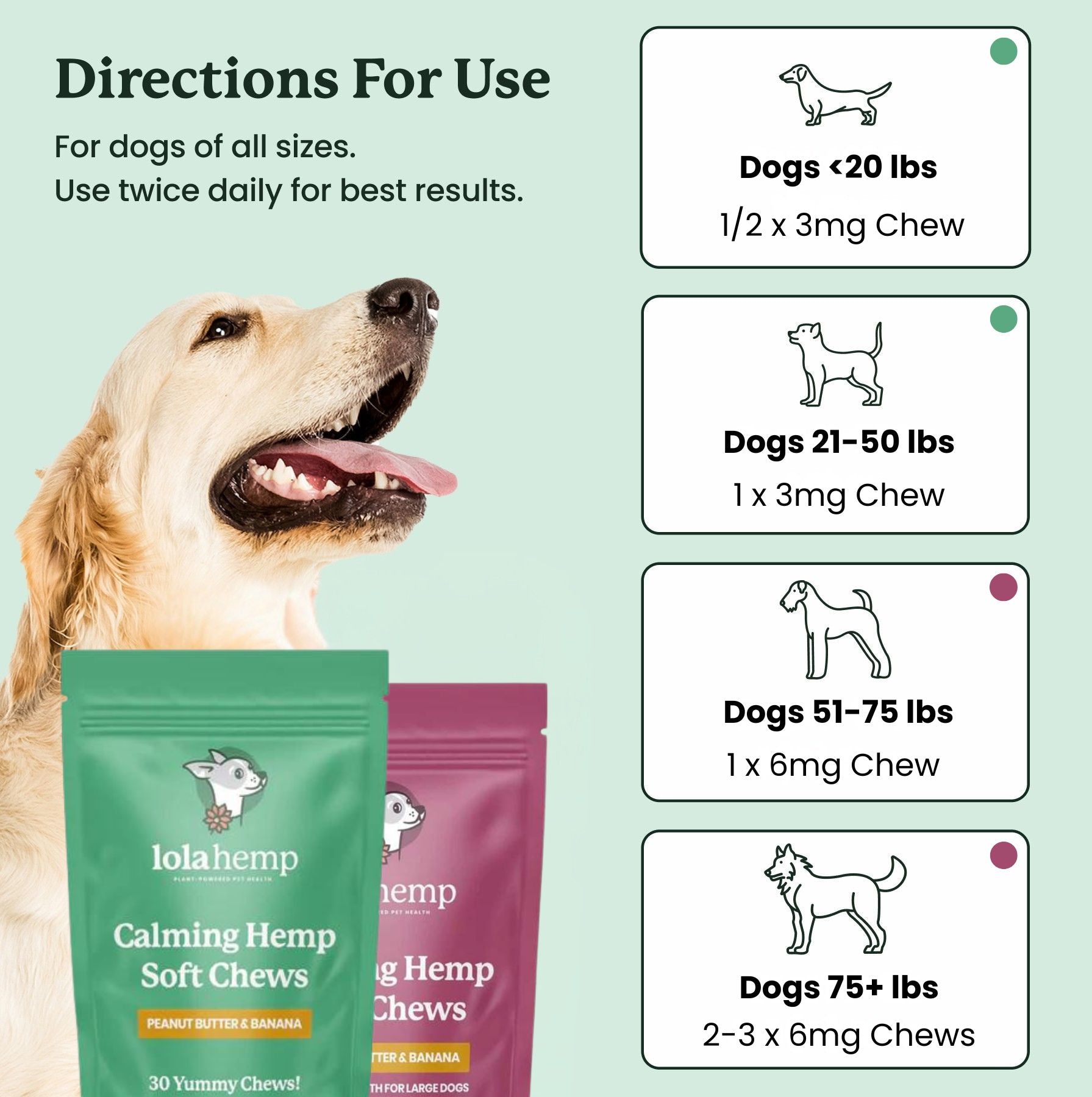Dogs, like us, need quality sleep to stay healthy. Sleep deprivation can lead to restlessness, incoordination, and even aggression in severe cases. Disrupted sleep often stems from physical pain, anxiety, or environmental factors like loud noises or an uncomfortable sleeping area.
When humans can’t sleep, melatonin is a common solution. But what about dogs? Is melatonin safe for them? Let’s explore.
What Are the Benefits of Melatonin for Dogs?
Melatonin offers a range of benefits for dogs, particularly for those experiencing anxiety, sleep disturbances, or certain health conditions. Below are some of its key uses:
1. Anxiety
Melatonin can help calm dogs in stressful situations, such as thunderstorms, fireworks, or separation anxiety. Its soothing effects make it a popular choice for pet owners dealing with an anxious pup.
2. Sleep
For dogs struggling with insomnia or disrupted sleep cycles, melatonin can help regulate their internal clock, promoting restful sleep.
3. Alopecia
Seasonal alopecia, or hair loss, in dogs has been treated effectively with melatonin. It may encourage hair regrowth and improve skin health.
4. Supporting Cushing’s Disease Treatment
Dogs with Cushing’s disease sometimes benefit from melatonin, as it can help regulate cortisol levels when used alongside other treatments.
Always consult your veterinarian before using melatonin to ensure it's appropriate for your dog and to determine the correct dosage.
Is Melatonin Toxic for Dogs?
No, melatonin itself is not toxic. It’s a hormone naturally produced by humans and dogs. However, melatonin products for humans often include additives, such as xylitol, which are harmful to dogs.
Though melatonin shows promise for addressing sleep issues, anxiety, and more in dogs, it isn’t FDA-approved for animal use. Always consult your vet before using melatonin to ensure safety and avoid toxic ingredients.
Reasons to Use Caution
Human products aren’t always safe for dogs due to differences in metabolism. For example, xylitol—a common sweetener—can be toxic to dogs and is sometimes found in human melatonin products. Always choose vet-approved options to avoid risks.
What Is Melatonin Used for in Dogs?
Melatonin is often used to manage anxiety, insomnia, alopecia, and Cushing’s disease in dogs. While results vary, many pet owners report success with melatonin products designed specifically for pets. Always consult your vet before starting treatment.
Alternatives to Melatonin for Dog Sleep
1. Exercise More
A tired dog is more likely to sleep well. Long walks or playtime before bedtime can help burn excess energy. High-energy breeds may need even more activity. Biking with your dog is another great way to tire them out.
2. Improve Sleep Hygiene
Ensure your dog has a quiet, dark, and comfortable sleeping space. If your dog sleeps in the living room, reduce distractions like appliance lights or beeping devices. Sharing your bed with your dog can also provide mutual comfort.
3. Calming Chews or Oils
Consider vet-approved calming aids, such as CBD oil. Studies show CBD is safe for long-term use and may help with anxiety, joint discomfort, and sleep regulation. Products like Lolahemp CBD Oil are specifically designed for dogs.
Conclusion
Melatonin can be a valuable supplement for dogs, offering benefits like reduced anxiety, better sleep, and support for conditions like alopecia and Cushing’s disease. However, it’s important to use it responsibly and under veterinary guidance to ensure your dog’s safety and well-being.
Can melatonin help dogs with anxiety and sleep issues? Yes, melatonin is often used to calm anxious dogs and regulate their sleep cycles. Always consult your veterinarian to determine if melatonin is right for your pet.
Melatonin for Dogs: Frequently Asked Questions
Is melatonin safe for dogs?
Melatonin is generally safe when used properly, but human products may contain toxic ingredients like xylitol. Always use vet-approved formulas.
Can melatonin help dogs sleep?
Yes. Melatonin can support restful sleep by helping regulate your dog’s internal sleep-wake cycle.
Does melatonin help with dog anxiety?
Melatonin may calm anxious dogs during stressful situations such as fireworks, travel, or separation.
How long does melatonin take to work in dogs?
Melatonin typically begins working within 30 minutes, though timing varies depending on the individual dog.
Are there alternatives to melatonin for dog sleep?
Yes. Exercise, improved sleep hygiene, and calming supplements like CBD oil may also promote better sleep.

